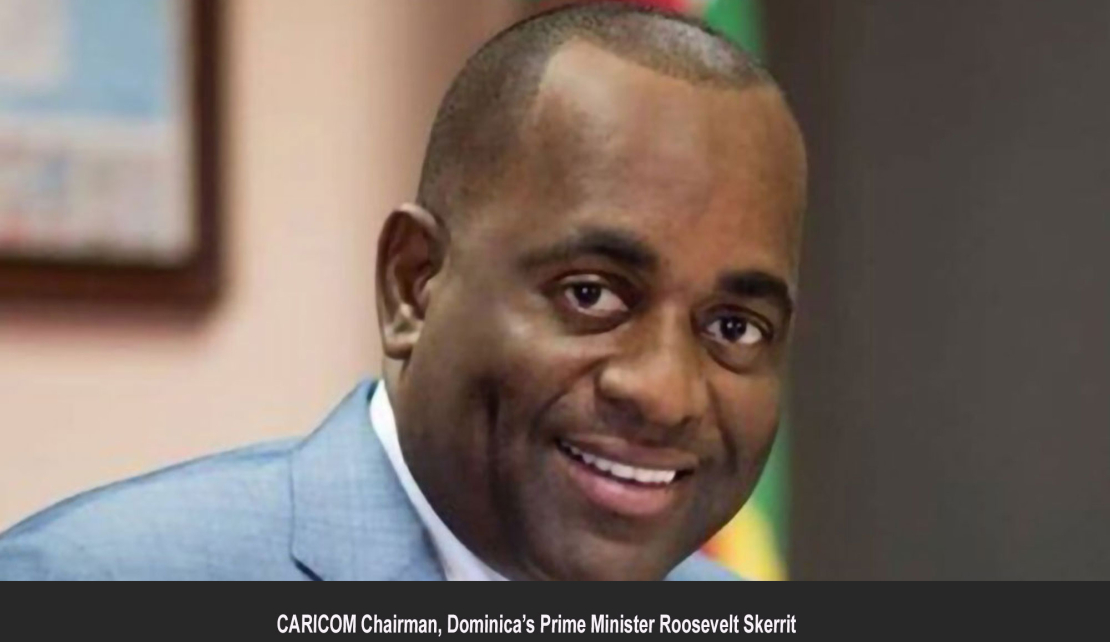CARICOM Decides: Free Movement of Community Nationals by March 2024

MONTGEGO BAY, July 2023 - CARICOM Heads of Government have agreed at their recent summit in Port of Spain, that by next March, the community will go the full monty on the right of citizens of the community to live and work in each other’s countries.
The Conference agreed to work towards the free movement of all CARICOM nationals within the Community by 31 March 2024.
They acknowledged that there are certain basic guarantees that should be afforded to all CARICOM nationals exercising their right to freely move and remain indefinitely in another Member State of the Community.
In this regard, they agreed that any appropriate amendments to the Revised Treaty to provide for the attendant rights of CARICOM nationals exercising their right to free movement within the Community and accommodate the concerns of all Member States would be completed in the intervening period.
This unfettered freedom of movement is already enjoyed by citizens of the Organisation of East Caribbean States (OECS) (a group of seven countries in the Leeward and Windward Islands that are separately members of CARICOM).
Free movement of persons, a primary plank of the CARICOM Single market and economy, is not now an obligation of the CARICOM arrangement, and the existing protocol covers only a limited category of skilled workers.
Under the existing regime, a limited group of citizens can live and work freely across the community. These include university graduates; artistes; musicians; sportspersons; media workers; nurses; teachers; artisans with the regional Caribbean Vocational Qualification; holders of associate degrees or comparable qualification; household domestics with a Caribbean Vocational Qualification (CVQ), or its equivalent; specified agricultural workers.
Chairman of the Conference of Heads Dominica’s prime minister Roosevelt Skerrit, says that the capacity of labour to move freely in the community is at the “core of the regional integration movement”.
The second vital pillar upon which CARICOM’s ambition to transition to a genuine single market and economy must stand – the free movement of labour. The other, though still a work in progress, the free movement of capital, is largely in place.
For the most part, the member states that are signatories to the agreement on the single market and economy adhere to the unrestricted right of CARICOM nationals to establish firms anywhere in the community.
Heads of Government have agreed that the Secretariat would prepare a timeline of actions necessary to complete policy and regulatory work to bring the regional capital market into being by July 2024.
The timeline will include a schedule of meetings of COFAP, COTED, COHSOD and the LAC, and will be presented to the Prime Ministerial Sub-Committee on the CSME and the CARICOM Bureau of Heads of Government before the end of July 2023.
They also agreed that the initiatives comprising the macroeconomic policy coordination agenda for the CSME, including the operationalizing of the regional capital market, must be tabled for adoption by Member States by July 2024.
